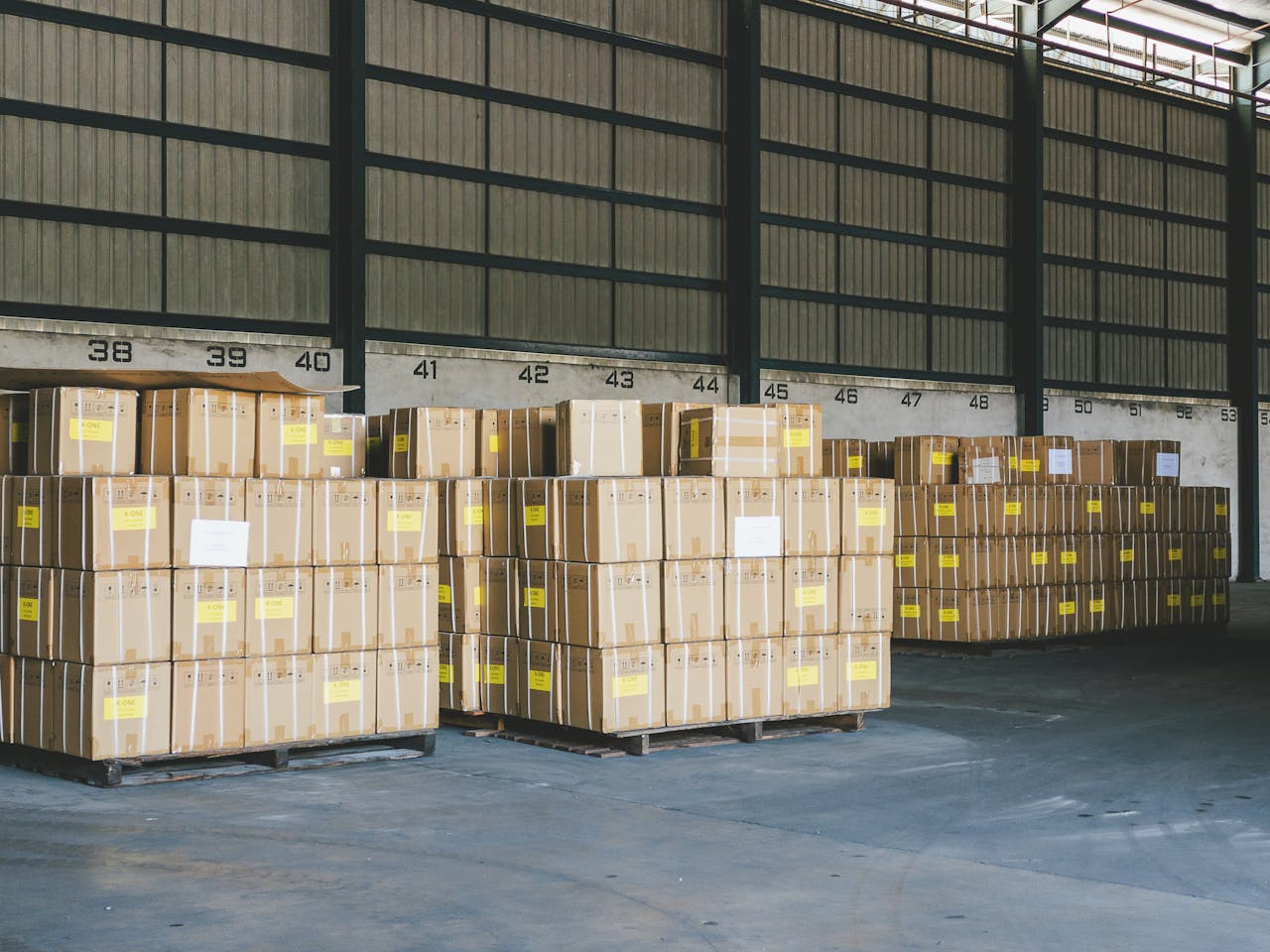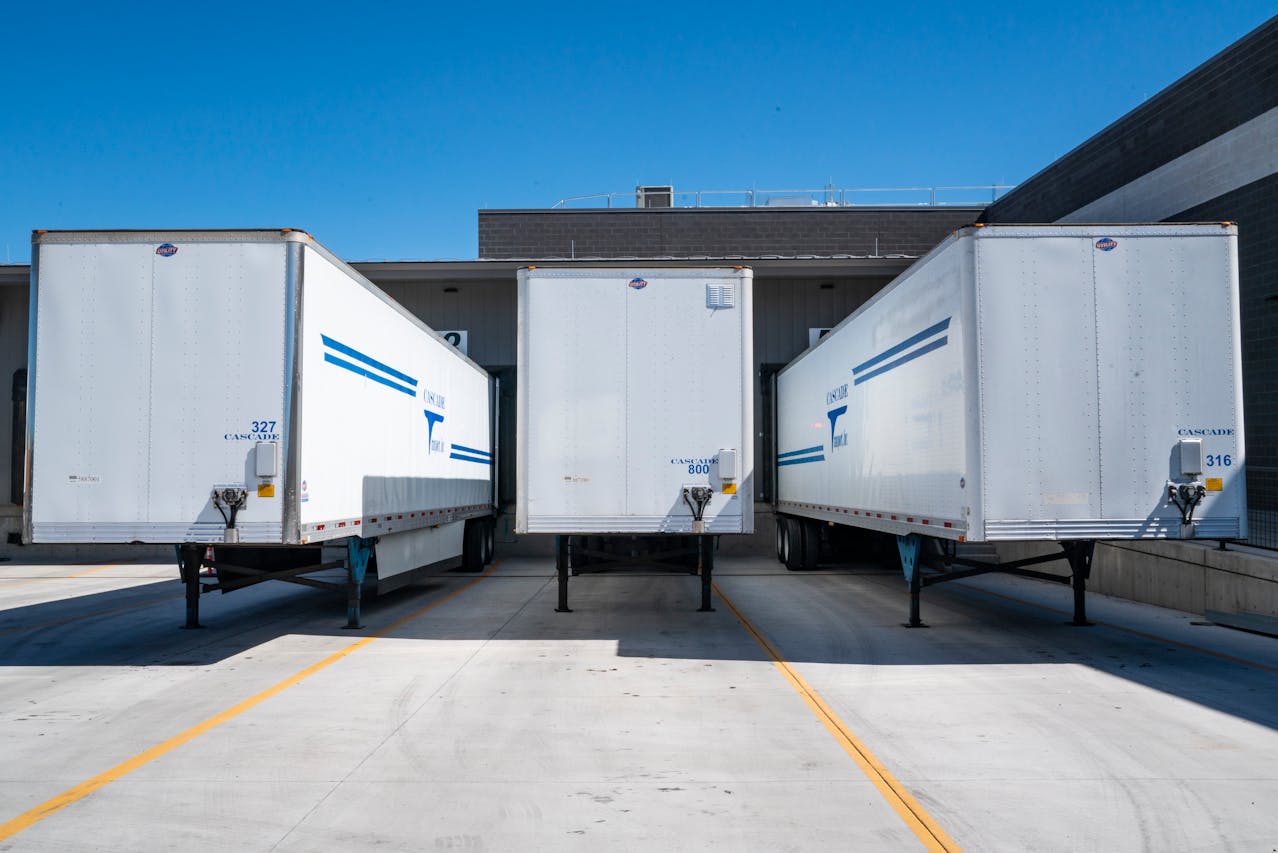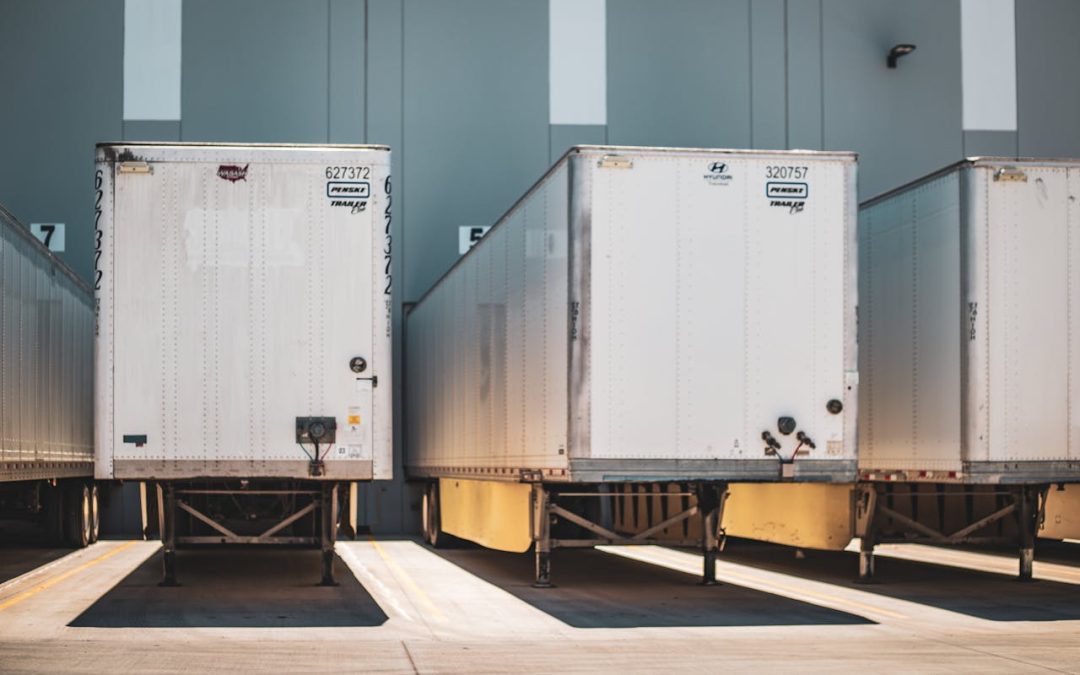In the world of shipping, ensuring temperature stability during transit is crucial for sensitive goods. Products like food, pharmaceuticals and chemicals must travel under specific conditions to arrive in pristine condition; even slight changes to the temperature range can lead to spoiled products, customer dissatisfaction, high replacement costs and even regulatory violations.
So how can you maintain the correct temperature for sensitive goods throughout a shipment’s journey?
At Millennium Cargo, we’re specialists in managing temperature-controlled shipments with precision and care. This guide explores key considerations that will help you protect your temperature-sensitive cargo during transit.
Why Temperature Control Matters In Shipping
Without effective temperature control for sensitive goods, shipping companies can come up against several issues. Here’s why temperature control matters in shipping:
Preserving Product Quality
Some goods, such as fresh foods or vaccines, degrade quickly outside specific temperature ranges. Fresh and dairy produce spoils quickly if exposed to temperatures outside of their safe range, becoming unfit for sale and consumption, and vaccines can lose efficacy if exposed to higher temperatures.
Compliance With Regulations
Many industries, such as pharmaceuticals and food, employ strict guidelines for shipping sensitive goods. Non-compliance with standards set by organisations like the Food And Drug Administration (FDA), Medicines and Healthcare Products Regulatory Agency (MHRA) and EU regulators can lead to penalties, product recalls and a loss of certification for the business in question.
Preventing Financial Loss
Spoiled or compromised goods need replacing, and replacements – as well as arranging for transport – cost money. Damaged goods due to ineffective temperature control can also negatively affect the customer relationship, impacting trust and business reputation.
Common Risks To Temperature-Controlled Shipments
Sensitive goods like perishable foods and pharmaceuticals come up against several risks while in transit.
Temperature Fluctuations
Temperature changes, even by small increments, can disrupt the stability of products on the move. These fluctuations can be caused by extreme weather conditions, unexpected delays or equipment failure.
Inadequate Packaging
When temperature-controlled shipments haven’t been packaged properly, they can be unprotected against unavoidable changes in temperature caused by external conditions.
Handling Errors
Improper stacking and loading, as well as failure to monitor conditions during transit and potential exposure to fluctuating temperatures, can lead to compromised consignments.

Lack Of Real-Time Monitoring
Without tracking systems to monitor conditions for temperature-controlled shipments in transit, problems may go unnoticed until the goods arrive at their destination, and it’s too late to rectify the situation.
Best Practices For Ensuring Safe Temperature-Controlled Shipments
Ensuring temperature-controlled shipments arrive safely takes planning and preparation. Let’s take a look at Millennium’s key considerations for transporting sensitive goods.
Choose The Right Carrier
Opt to work with reputable carriers who have experience handling temperature-sensitive goods. Experts in transporting such goods will have specialised equipment like refrigerated trucks and containers and will be happy to discuss your cargo’s specific needs.

Invest In Quality Packaging
Use insulated containers, gel packs, or dry ice to maintain consistent temperatures for your shipment. Making sure you select materials that suit the specific needs of your cargo, whether it is frozen, chilled or room temperature, will protect the goods from temperature-related degradation and keep them in prime condition.
Implement Real-Time Monitoring
Using IoT-enabled sensors means you can effectively track the temperature, humidity and location of your shipment during transit. You can also proactively address issues before they escalate, thanks to the smart alert function.
Plan For Contingencies
Unforeseen shipping challenges like delays, equipment failure and weather disruptions can be unavoidable. Develop robust backup plans to ensure the correct temperature for your goods can be maintained even when your shipment hits a snag.
You can read more about handling delays in this blog. (link to how to handle delays)
Optimise Routes And Schedules
By selecting the most efficient routes, you can minimise the amount of time your goods spend in transit. Avoid extreme weather zones where possible to further reduce the risk of temperature-related spoiling or degradation.
Train Your Team
Investing in proper training for your staff members ensures they are knowledgeable about loading procedures, temperature controls and handling protocols. By working closely with logistics partners, you can align your processes to allow for consistent practices.
The Benefits Of Expert Management
When you work with professional freight forwarders, you benefit from key advantages that mean your consignments – and your reputation – remain protected.
Regulatory Compliance
Maintaining compliance with complicated industry and legal requirements can feel pretty overwhelming. When you work with an expert freight forwarder, they take the stress out of adhering to guidelines from regulatory bodies so that you can’t rest easy.
Cost Savings
Partnering with professionals who understand temperature-controlled shipments means you can avoid the financial losses associated with spoiled goods or non-compliance penalties.
Customer Satisfaction
Providing a dependable, high-quality service builds trust between you and your customers. Expertly managed temperature-controlled shipments arrive in pristine condition – exactly when they should – enabling you to strengthen customer relationships and build a trustworthy reputation.
Ensure Temperature-Controlled Shipments Arrive Safely With Millennium
Without careful consideration, your sensitive goods could be at risk of spoilage or degradation during transit, rendering them unfit or unsafe for purpose (and losing you money in the process).
Proactively following the best practices we’ve explored, such as contingency planning, real-time monitoring and choosing the right carrier, ensures the safe and reliable delivery of temperature-controlled shipments.
Better yet? Partnering with an experienced forwarder like Millennium Cargo takes the complexity out of shipping temperature-sensitive goods, helping to reduce risks and simplify logistics. Contact our friendly team today for expert freight management and pure peace of mind.

